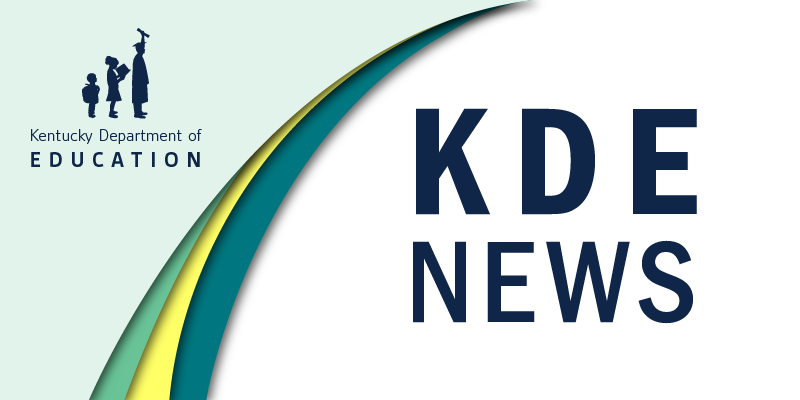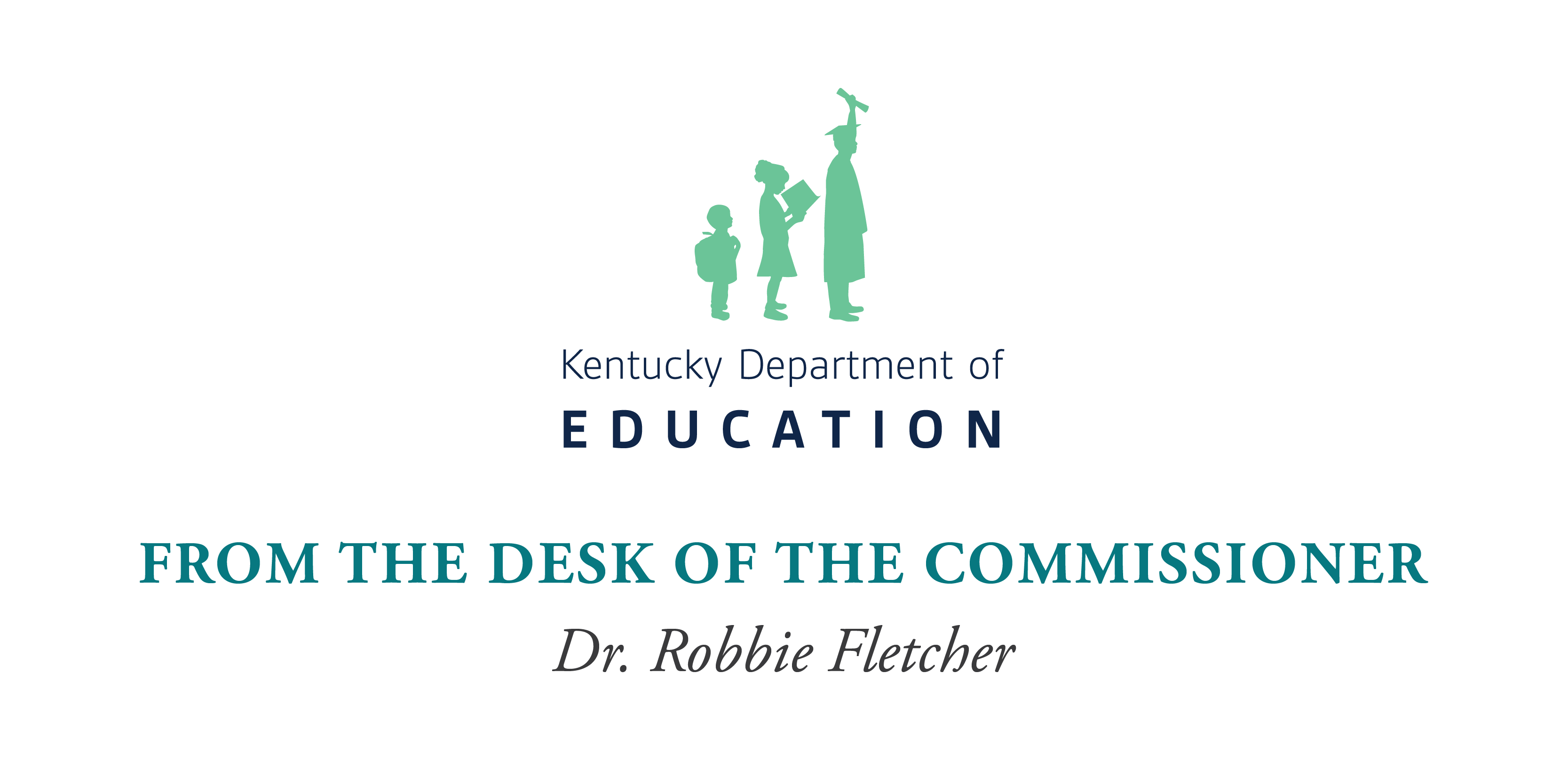 The Kentucky Department of Education (KDE) is continuing to work with school boards and districts to help them address the diverse accelerated learning needs of students due to interrupted learning caused by the COVID-19 pandemic.
The Kentucky Department of Education (KDE) is continuing to work with school boards and districts to help them address the diverse accelerated learning needs of students due to interrupted learning caused by the COVID-19 pandemic.
Misty Higgins, professional learning coordinator in KDE’s Office of Teaching and Learning, discussed actions that can be taken to accelerate student learning during the Local School Board Member Advisory Council meeting on Oct. 14.
To help accelerate student learning, key actions include drafting an adjusted curriculum that is aligned to the Kentucky Academic Standards (KAS); using the formative assessment process; and providing research-based Tier 1 supports.
In April, KDE released a guidance document, Adjusting Curriculum for Acceleration, which provides a step-by-step process for grade-level or course content teams to identify learning gaps and adjust the curriculum to ensure accelerated learning. The three-step process includes:
- Analyzing the existing curriculum for alignment to the KAS and adjustments to address interrupted learning for incoming students;
- Identifying areas for potential learning gaps to share in vertical conversations; and
- Drafting an adjusted curriculum.
“The whole point is for local schools to consider what do we have to keep, and where can we initially create that space and time to address the gaps that students might have in connection with their grade level” said Higgins.
KDE also suggests using the formative assessment process to identify and implement evidence-based practices for incorporating formative assessment into daily instructional routines. This helps teachers meet the needs of their students and to address learning gaps.
“At the heart of the formative assessment process, it is about empowering students to answer three critical questions about their learning: ‘Where am I going?,’ ‘Where am I now?’ and ‘Where to next?,’” said Higgins.
KDE provides resources on the formative assessment process to: define formative assessment and explain the benefits for students and teachers; describe key strategies that support the formative assessment process; and identify instructional approaches for actions that teachers can take in the moment to address the needs of all learners.
The third key action to accelerate student learning is to provide three research-based supplemental Tier 1 supports that include: quality, standards-aligned Tier 1 instruction; high-intensity tutoring; and vacation academies.
Higgins said research shows that students in grades 3-12 participating in high-intensity tutoring can learn one to two additional school years of mathematics in a single year. Research showed high-intensity tutoring in reading and writing proved to be more effective with grades K-2.
Vacation academies provide students with 25 hours of targeted instruction in a single subject during week-long vacation breaks. Higgins said research shows those that participate in vacation academies gain up to three months of additional learning in the targeted subject area.
Guidance for accelerating student learning, as well as other COVID-19 school and district guidance, can be found on KDE’s website.




Leave A Comment